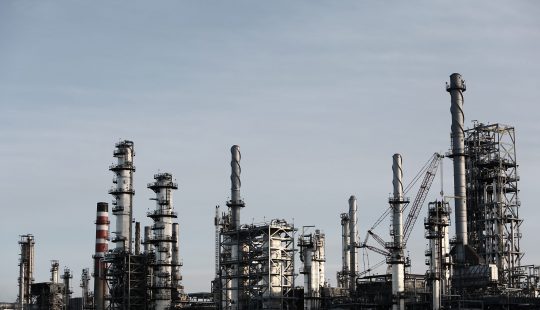Simulator for the simulation of companies of the manufacturing industry. Companies must produce and sell durable consumer goods, which are marketed in various regions. The manufacturing simulator reproduces operating conditions of the main functional areas of a factory, such as production management, costs, finance, sales, and human resources.
The simulated companies are public corporations and therefore have shares listed on the fictitious Stock Exchange. The values of these actions vary according to the companies performance, being also influenced by the simulated macroeconomic situation and other variables, which the simulation coordinator manipulates.

